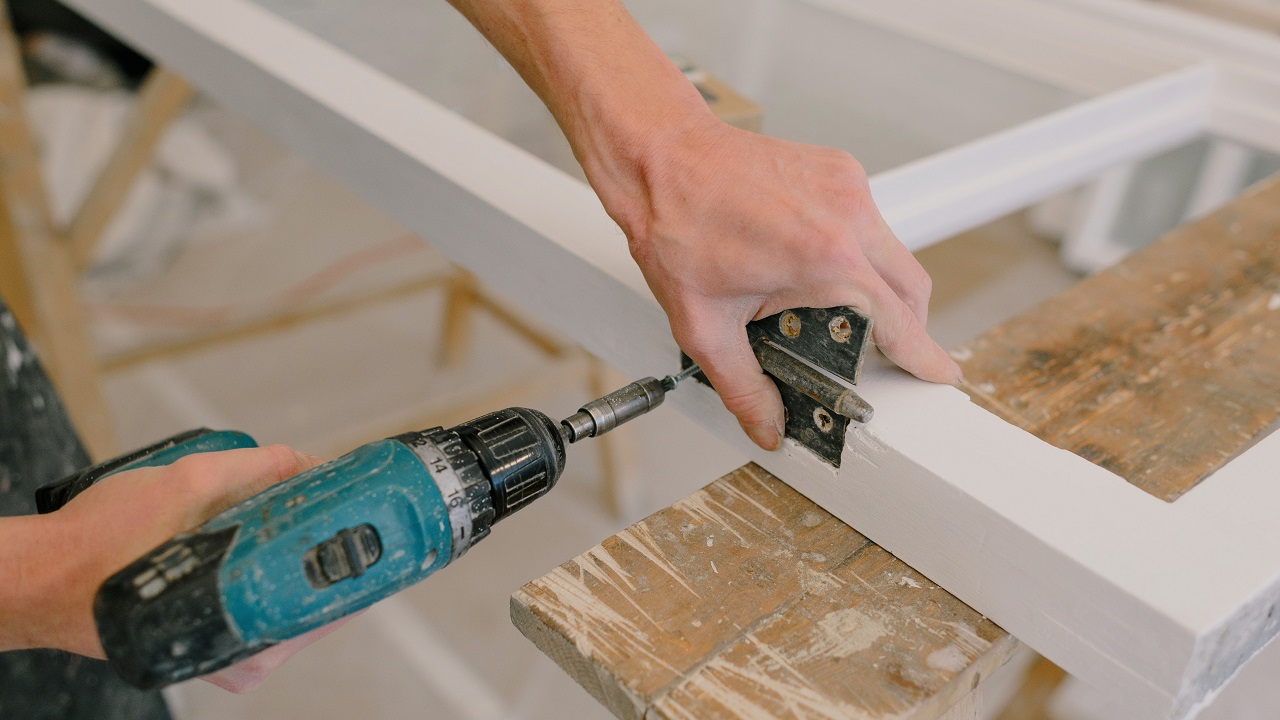How Can self-tapping screws be used in metal?
Self-tapping screws are a remarkable invention in the world of fasteners. They offer a quick and convenient solution for a variety of applications, primarily in woodworking and DIY projects. However, can self-tapping screws be used in metal? The short answer is yes, they can. In this article, we will delve into the world of self-tapping screws, exploring their compatibility with metal materials, and the considerations one should take into account for a successful application.

I. What Are Self-Tapping Screws?
Self-tapping screws stand as a remarkable innovation within the realm of fasteners, providing a swift and practical solution across a diverse range of uses, with a particular emphasis on woodworking and do-it-yourself undertakings. Nonetheless, their viability in metal applications is a query worth pondering. To address this, we will delve into the realm of self-tapping screws, investigating their adaptability to metal substrates and offering insights into the key factors to ensure a successful application.
II. How Self-Tapping Screws Work
The design of self-tapping screws is engineered to cut into the material as they are turned, creating threads that grip the surrounding material. This design is effective for wood and softer materials, but what about metal?
III. Using Self-Tapping Screws in Metal
Yes, self-tapping screws can be used in metal applications, but several factors need to be taken into consideration for a successful outcome.
1. Screw Material
The material of the self-tapping screw is crucial. For metal applications, it’s essential to use self-tapping screws specifically designed for metal. These screws are often made from materials like stainless steel, hardened steel, or other alloys that can effectively cut threads into metal without breaking or stripping.

2. Pilot Holes
In most cases, it’s advisable to create pilot holes when using self-tapping screws
in metal. A pilot hole is a small, pre-drilled hole that guides the self-tapping screw into the material. This prevents the screw from wandering off course and ensures a straight and secure connection.
3. Screw Size
Selecting the appropriate screw size is crucial for achieving success, as the screw’s diameter and length should precisely align with the project’s unique demands. Opting for an incorrect size may result in inadequate fastening or potential material damage.

4. Torque and Speed
Choosing the right screw dimensions is vital for ensuring success since the diameter and length of the screw must accurately match the specific requirements of the project. Making an incorrect selection could lead to insufficient fastening or potential harm to the materials involved.
IV. Advantages of Self-Tapping Screws in Metal Applications
1. Time Efficiency
Self-tapping screws save time and effort as they eliminate the need for pre-drilling holes for threads. This feature makes them highly efficient for metal applications.
2. Versatility
Self-tapping screws are available in a wide range of sizes and shapes, making them suitable for various types of metal projects, from light-duty applications like attaching metal sheets to more heavy-duty tasks such as constructing metal frameworks.
3. Secure Fastening
When properly used, self-tapping screws create a strong and secure connection. The threads they form in the metal provide excellent grip, reducing the risk of the screw backing out or loosening over time.
4. Cost-Effective
These screws prove to be budget-friendly by negating the requirement for supplementary elements such as nuts and washers, which can lead to significant cost reductions, particularly in extensive undertakings.
V. Limitations and Considerations
While self-tapping screws offer many advantages in metal applications, there are some limitations and considerations to keep in mind:
1. Material Thickness
Self-tapping screws are best suited for thin to medium-thickness metal materials. For very thick metals, other fastening methods, such as welding or bolting, may be more appropriate.
2. Corrosion Resistance
Selecting the appropriate material for self-tapping screws is critical, especially if your metal project will be exposed to harsh environmental conditions. Choosing screws made from materials like stainless steel can help prevent corrosion.
3. Shear Strength
Self-tapping screws might not be the optimal selection when dealing with applications demanding substantial shear strength, like load-bearing structures. For such scenarios, seeking guidance from an engineer or a specialist is crucial to identify the most appropriate fastening solution.
Conclusion
In summary, self-tapping screws can indeed be used in metal applications when the right considerations and precautions are taken. Choosing the appropriate screw material, creating pilot holes, and ensuring the correct screw size, torque, and speed are crucial for success. When used correctly, self-tapping screws offer efficiency, versatility, and cost-effectiveness in various metal projects, making them a valuable addition to the toolkit of DIY enthusiasts and professionals alike.
READ MORE: WHAT IS BUTTON HEAD SCREWS , AND PROPERTIES , APPLICATIONS
READ MORE: How to start a new startup business on Deepawali 2023




